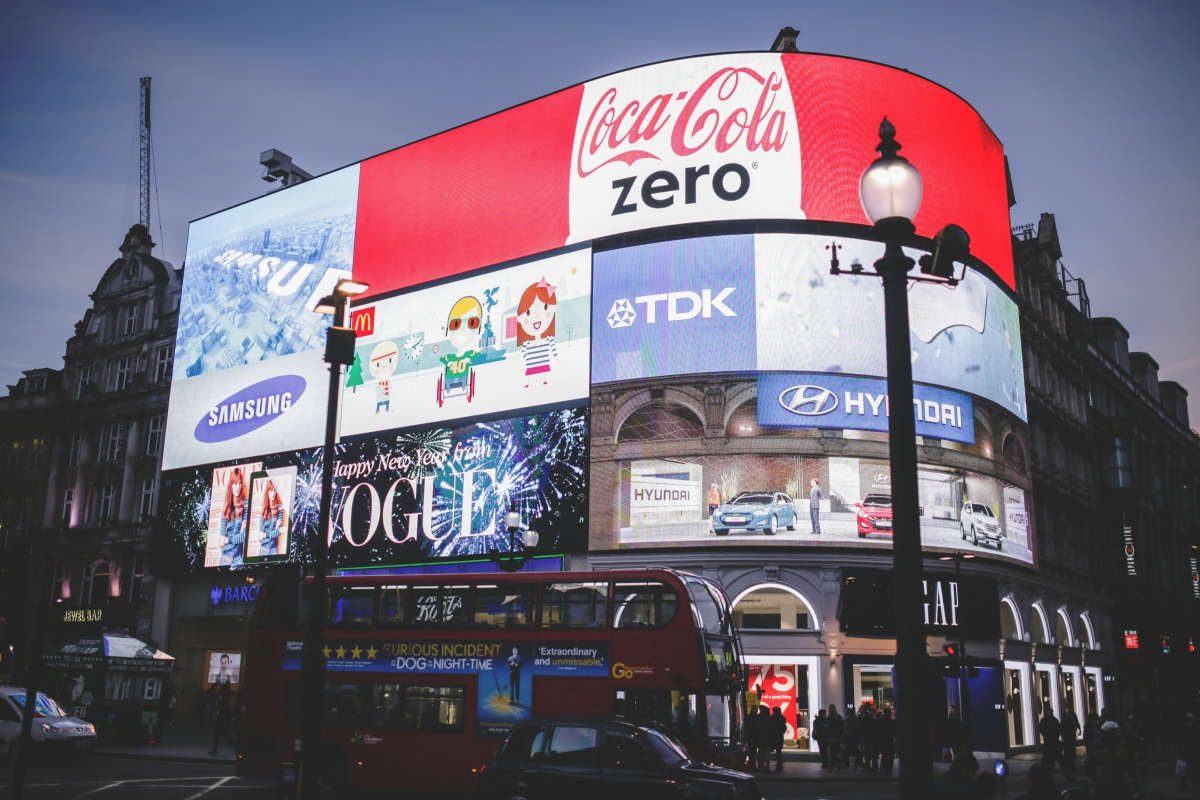I recently watched The Persuaders, a PBS Frontline documentary about the public relations and advertising industries. The piece was made in 2004, so I was originally skeptical of its relevance, but the ideas that it explores are applicable to today. I enjoyed watching the documentary and thinking through what it said about the state of media, public relations, and advertising.
The producer of The Persuaders seemed to be skeptical of advertising and public relations. In the interviews in the documentary, the professionals in those industries came across as manipulative and self-serving. They wanted to make money by selling people things they didn’t need.
However, the industry professionals wouldn’t describe themselves that way. They would describe themselves as anticipating consumers’ needs and giving them things they didn’t even know they wanted yet.
Whether you see them as the producers saw them or as they saw themselves, one thing is clear: they viewed humanity through the lens of a transmission model of communication. The industry professionals seemed to view people as animals that respond to stimuli.
I see communication with the cultural view, so I think that human communication is more complex than that. The professionals in the documentary looked at the world through too much of a reductionist lens.
As for my background, I have taken some marketing and public relations classes, and I interned at a public relations firm. People whom I’ve met in the industry have described themselves as marketing communications professionals. I have never had any experience directly with advertising. I’m still in the process of figuring out where to draw the line between marketing and advertising.
What do you think? Are public relations, marketing, and advertising different?


